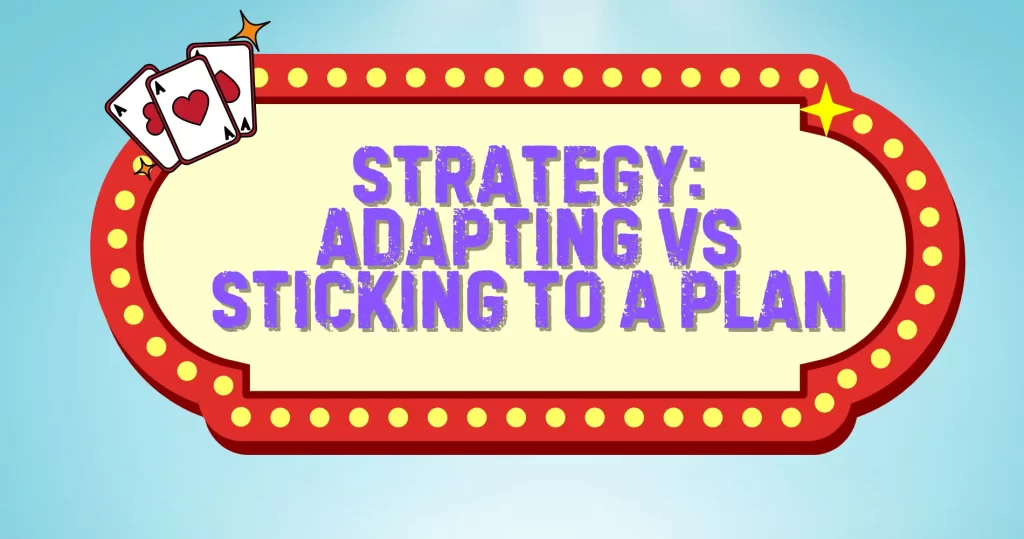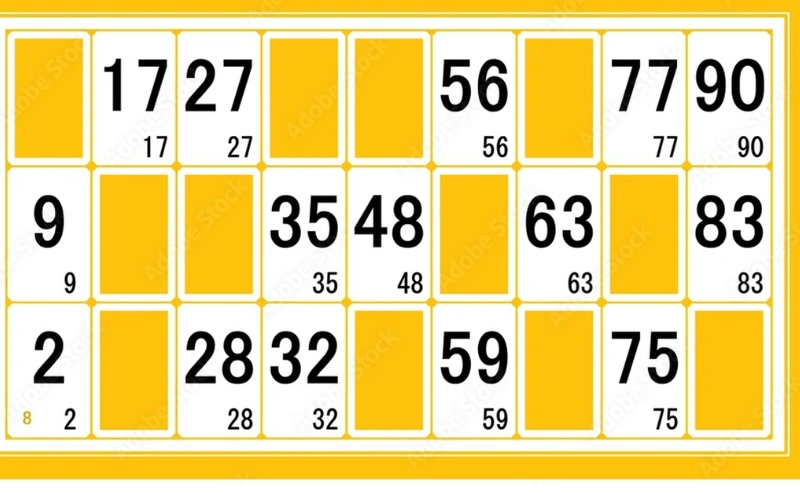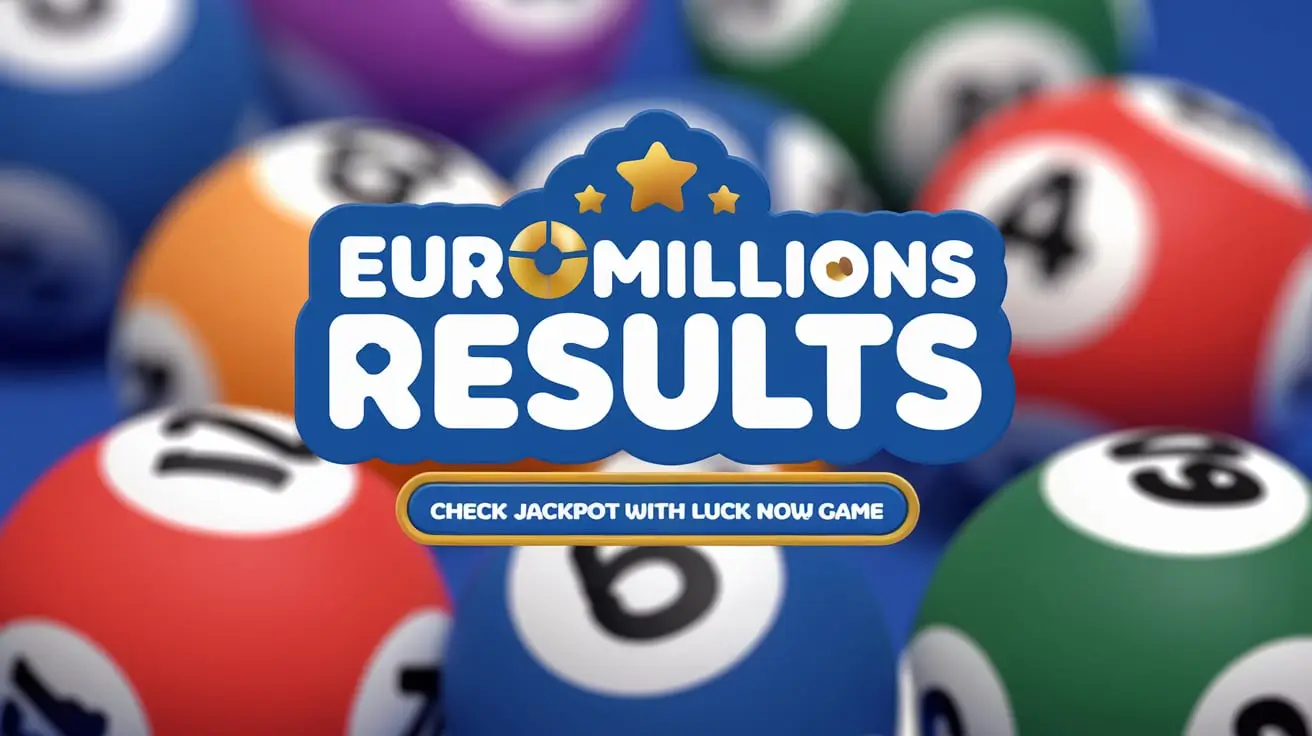Progressive Rummy is a unique variation of the rummy family, known for its increasing difficulty as the game progresses. Each round introduces new, increasingly complex card combinations that players must achieve to stay in the game. The game’s challenge ramps up with each hand, offering a more dynamic and evolving experience.
In contrast, Dummy Rummy focuses on a straightforward strategy to reduce “dummy” cards, with a fixed set of rules throughout the game. So, how do Progressive Rummy and Dummy Rummy stack up against each other? Let’s break down the differences in gameplay, strategy, and experience.
Gameplay Structure: Changing Goals vs Consistency
The standout feature of Progressive Rummy is that the requirements for each round change as the game progresses. For example, in the first round, players may need to complete simple sets, but by later rounds, they must form more complex combinations of sets and runs. This progressive nature keeps players on their toes, requiring them to adapt their strategy as the game gets harder. The increasing challenge adds excitement, especially for players who enjoy evolving gameplay.
On the other hand, Dummy Rummy maintains the same basic goal across every hand. Players are dealt 13 cards and aim to form sets and sequences while reducing their dummy cards. There is no increase in difficulty between rounds, which makes Dummy Rummy a more consistent experience from start to finish. This makes it ideal for players who prefer a game with simpler, fixed rules rather than one that evolves.
Progressive Rummy Number of Rounds: A Longer, Evolving Game
Progressive Rummy is typically played over multiple rounds, with each hand introducing new challenges. As the name suggests, the game progresses, and each round builds on the last. The game ends when one player reaches a predetermined score or when all rounds have been played. Because of this, Progressive Rummy can be a longer game, requiring commitment from players who enjoy extended sessions.
In Dummy Rummy, the game’s length depends on how quickly players can reduce their dummy cards, but it tends to be faster compared to Progressive Rummy. Players try to clear their hands as quickly as possible, and with no escalating challenges between rounds, the game often wraps up faster. Dummy Rummy’s simpler structure makes it a great choice for players looking for a quick but strategic card game.

Strategy: Adapting vs Sticking to a Plan
The strategy in Progressive Rummy involves adapting to the changing requirements of each round. Players must be flexible, planning their moves based on the specific combination of sets and runs required for that particular hand. The ability to think ahead and adjust your tactics as the game progresses is key to winning in Progressive Rummy.
Dummy Rummy requires a more consistent strategy. Players focus on reducing their dummy cards by forming sets and sequences, and while some adaptation is necessary depending on the cards drawn, the overall strategy remains the same throughout the game. This makes it less complex than Progressive Rummy but still requires players to stay alert and make efficient decisions.
Scoring Systems
Progressive Rummy follows a cumulative scoring system, with points carried over from round to round. Each player’s score is based on the value of unplayed cards left in their hand at the end of each round, with higher-value cards penalizing players more. The player with the lowest score at the end of all rounds wins the game. Because scores accumulate, it’s important for players to consistently perform well across all rounds.
Dummy Rummy also features a penalty for unplayed cards, but the scoring is simpler and typically does not carry over between rounds. Each hand is scored independently, and there are no escalating penalties as the game progresses. This makes Dummy Rummy’s scoring more straightforward, with players only focusing on reducing their dummy cards in each individual hand.
Player Interaction and Competition
In Progressive Rummy, the competition intensifies as the game goes on. Players are constantly trying to meet increasingly difficult objectives, and each round offers a new challenge. This evolving competition keeps things fresh and engaging, as players must out-think their opponents over multiple hands.
In Dummy Rummy, the competition is present but more relaxed. Players focus on managing their own hands and reducing their dummy cards, without needing to worry about escalating challenges. This makes it less intense than Progressive Rummy but still requires skillful hand management and attention to opponents’ moves.
Game Complexity and Skill Level
Because Progressive Rummy increases in complexity as the game advances, it’s a great choice for players who enjoy strategic, long-term planning. The ability to adapt to new challenges and stay flexible throughout multiple rounds makes it ideal for experienced players who want a more layered game.
Dummy Rummy, with its straightforward rules and consistent gameplay, is easier to pick up and play. It’s suitable for both beginners and experienced players who want a quick, easy-to-learn rummy game without the complexities of Progressive Rummy’s evolving requirements. Its focus on simple set and sequence building makes it approachable for all skill levels.
Which Game Should You Choose?
- Choose Progressive Rummy if you enjoy a game that evolves and becomes more challenging over time. The increasing difficulty keeps you engaged, and the cumulative scoring adds a layer of long-term strategy. It’s perfect for players who enjoy strategic thinking and don’t mind a longer game.
- Choose Dummy Rummy if you prefer a consistent, faster-paced game with simpler rules. The focus on reducing dummy cards without changing requirements between rounds makes it great for casual players or those looking for a shorter, less complex game.
Are You Ready for the Challenge?
Whether you prefer the evolving gameplay of Progressive Rummy or the consistency of Dummy Rummy, both games offer exciting twists on classic rummy mechanics. Pick the game that best matches your style and dive into a fun, strategic challenge today!








